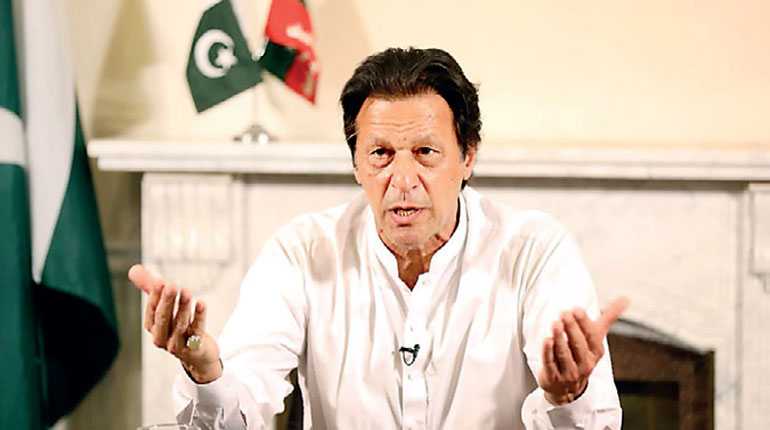Monday Feb 23, 2026
Monday Feb 23, 2026
Friday, 23 November 2018 00:00 - - {{hitsCtrl.values.hits}}

ISLAMABAD (Reuters): Pakistan has extended talks with the International Monetary Fund (IMF) after the two sides failed to agree on the terms of a bailout package, a finance ministry official said on Tuesday, with a final deal now expected by mid-January.
Pakistan is negotiating its second IMF bailout since 2013 and talks were expected to conclude this month during a visit by an IMF delegation to Islamabad.
Finance ministry spokesman Noor Ahmed said there were still some issues to be ironed out.
“We have covered a lot of areas in terms of convergence of views,” Ahmed told Reuters. “But there is some more distance to be covered and that’s not much. Another 20 percent of distance has to be covered.”
Ahmed said Pakistan will “stay engaged” with IMF officials to resolve the outstanding issues and “over the next two weeks we will bridge those gaps”. A final deal is expected to be signed off by mid-January.
Pakistan is seeking its 13th bailout since the late 1980s to deal with a current account deficit that threatens to trigger a balance of payments crisis.
Pakistan has already devalued the currency five times, slashing its value by more than a quarter, and hiked its main interest rate by 275 basis points since January, to 8.5 percent.
Analysts say more rises are on the horizon.
Prime Minister Imran Khan has also obtained short-term loans worth about $6 billion from historic ally Saudi Arabia. Pakistan’s staunchest ally China has also promised to help, though it is unclear how much Beijing will contribute.
Islamabad is discussing a bailout worth about $6 billion with the IMF, according to local media reports.
The IMF is pushing Islamabad to enact structural reforms needed to rebalance the economy, and rein in spending that has boosted growth but blown out the government budget. Pakistani officials fear this will further hurt economic growth.
The IMF last month predicted Pakistan’s growth, which hit 5.8 percent in the 12 months to end of June, will slow to 4 percent in 2019 and fall to about 3 percent in the medium term.